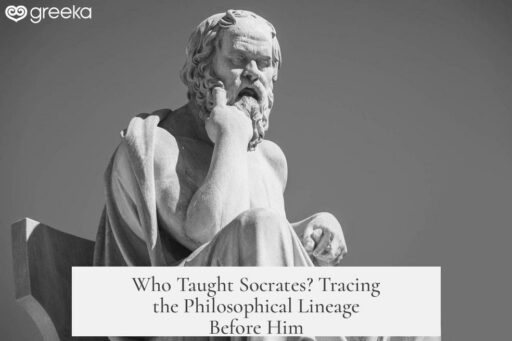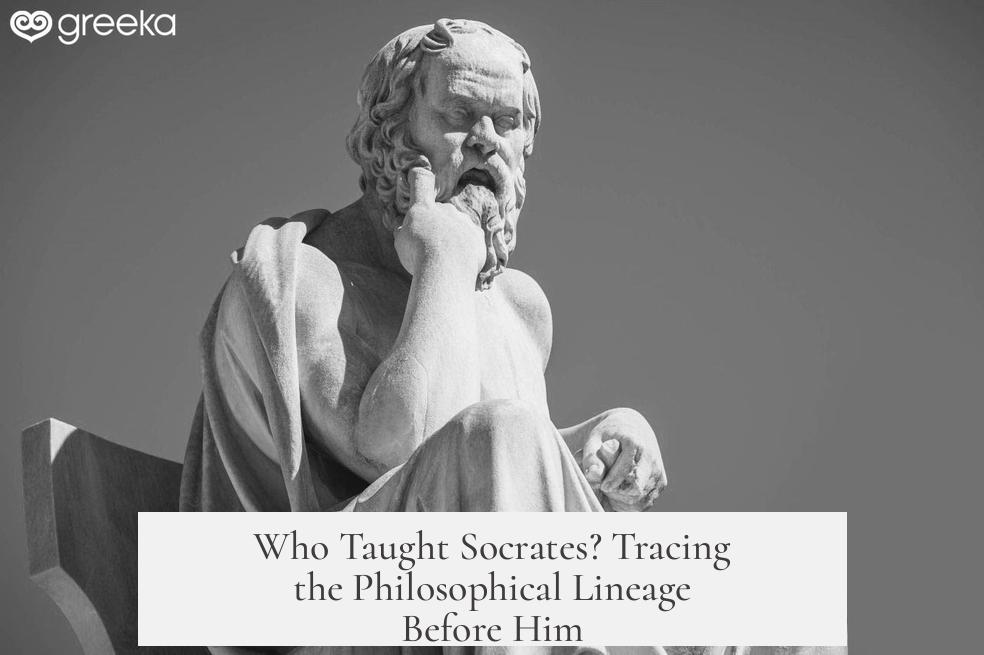Socrates’ teacher remains unknown due to a lack of direct evidence, conflicting portrayals, and fragmentary ancient sources. While Socrates taught Plato, who taught Aristotle, who further taught Alexander the Great, historical texts do not conclusively identify who taught Socrates.
The main challenge in answering who taught Socrates arises because Socrates himself left no writings. Early Greek philosophy before him survives only in fragments and secondhand accounts. These fragments, combined with later interpretations, complicate any effort to determine his direct intellectual lineage.
Multiple ancient sources depict Socrates in different and often conflicting ways. These variations impact attempts to pinpoint his teachers:
- Aristophanes’ The Clouds, a comedy, mocks Socrates without providing factual biography. It offers no reliable clues about teachers.
- Plato’s dialogues use Socrates as a primary character but blend Socratic thought with Plato’s evolving philosophy. Early dialogues might approach Socrates’ real ideas, but later works mainly reflect Plato’s own views.
- Xenophon’s Memorabilia portrays Socrates as practical and concerned with daily ethics rather than abstract philosophy, further muddying the picture.
The differing accounts highlight three versions of Socrates in the historical record. None offer clear data on who influenced or instructed him.
Pre-Socratic philosophers did not teach Socrates directly but form an intellectual backdrop. They focused on questions about nature, cosmos, and the physical universe, such as:
- Thales and Anaximander from Miletus, who explored origins and elements of the world;
- Parmenides and Heraclitus, who discussed change and permanence.
Socrates diverged by emphasizing ethical inquiry and human affairs, contrasting with the pre-Socratics’ cosmological concerns.
Anaxagoras emerges as a notable influence who lived in Athens shortly before Socrates’ time. Plato’s Phaedo describes Socrates reading Anaxagoras’ writings and reflecting on his concept that “Mind” (Nous) orders the cosmos.
“Then one day I heard a man reading from a book… by Anaxagoras, that it is the mind that arranges and causes all things…” “I prized my hopes very highly… but my glorious hope… was quickly snatched away… he did not assign any real causes for the ordering of things, but mentioned air and ether and water and many other absurdities.”
This passage suggests Socrates admired Anaxagoras’ ideas but found them incomplete. If Anaxagoras was also a teacher to Socrates, Socrates moved beyond his lessons, seeking deeper understanding.
No other figure from Socrates’ era is documented as a formal teacher. The absence of direct records suggests Socrates may have learned from a variety of sources, discussions, and intellectual environments rather than a single master.
To summarize key points:
- Socrates left no writings and no direct records exist about his teachers.
- Ancient sources present varying and sometimes contradictory pictures of Socrates.
- Pre-Socratic philosophers influenced the intellectual environment, but their focus on cosmology differs from Socrates’ concerns.
- Anaxagoras is a plausible influence or informal teacher, especially regarding the concept of Mind (Nous).
- Historical evidence does not conclusively identify any teacher of Socrates.
The mystery of who taught Socrates remains unresolved. The question highlights challenges in ancient philosophical history: fragmentary evidence, interpretative bias, and lack of contemporaneous documentation. Scholars continue to rely on indirect clues and philosophical inference to explore Socrates’ origins.
Socrates Taught Plato. Plato Taught Aristotle. Aristotle Taught Alexander the Great. But Who Taught Socrates?
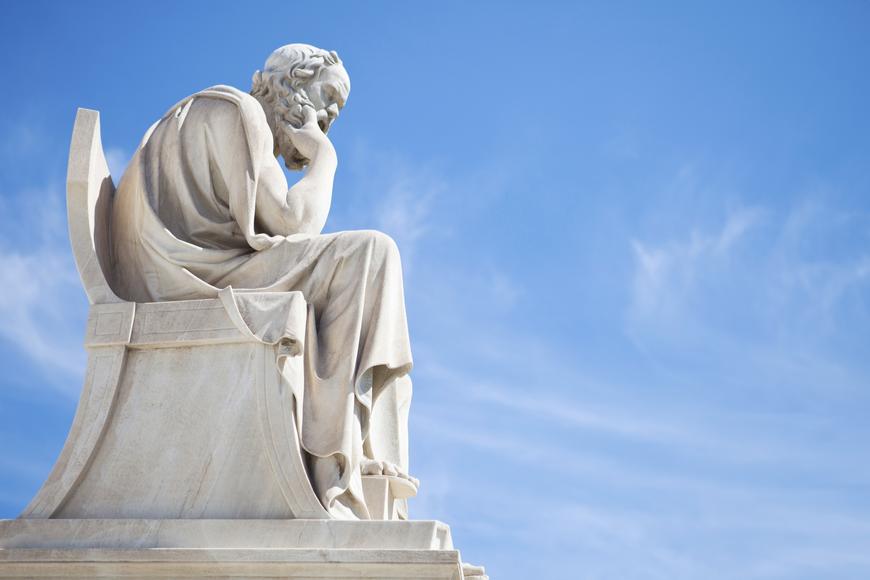
The short answer: We don’t know for sure who taught Socrates. Unlike his famous student Plato, Socrates left no writings. His teachings and thoughts survive only as echoes in the works of others—Plato, Xenophon, and the playwright Aristophanes. So, unraveling who influenced the man who influenced Western philosophy is like chasing shadows.
But let’s not just shrug our shoulders. The mystery of Socrates’ teacher offers a fascinating window into ancient Greek philosophy and the birth of critical thinking.
The Ghostly Footprints of Socrates’ Teachers
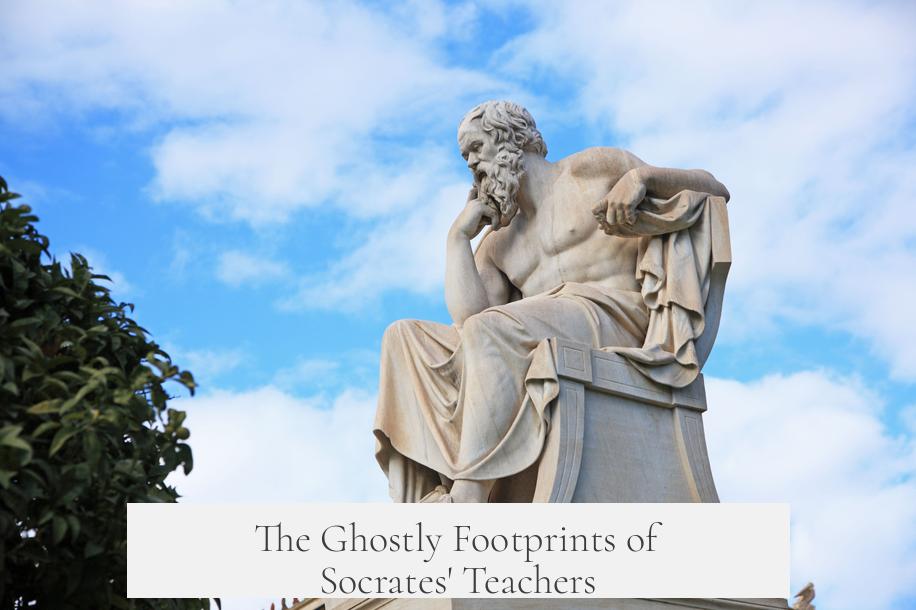
Socrates, famously, didn’t pen down his wisdom. This leaves us with fragments—sometimes conflicting—about his ideas and those who shaped his mind.
His most famous student, Plato, immortalized him as the protagonist in dialogues that mix Socrates’ thoughts and Plato’s own ideas. Then there’s Xenophon, who paints Socrates as the practical man of wisdom, concerned with everyday life. Meanwhile, Aristophanes’ The Clouds caricatures Socrates as a questionable thinker messing with young minds—more satire than biography.
So, we have three different faces of Socrates, none of which clarify all puzzles about his intellectual origins.
Pre-Socratic Philosophers: The Philosophical Parents Before Socrates
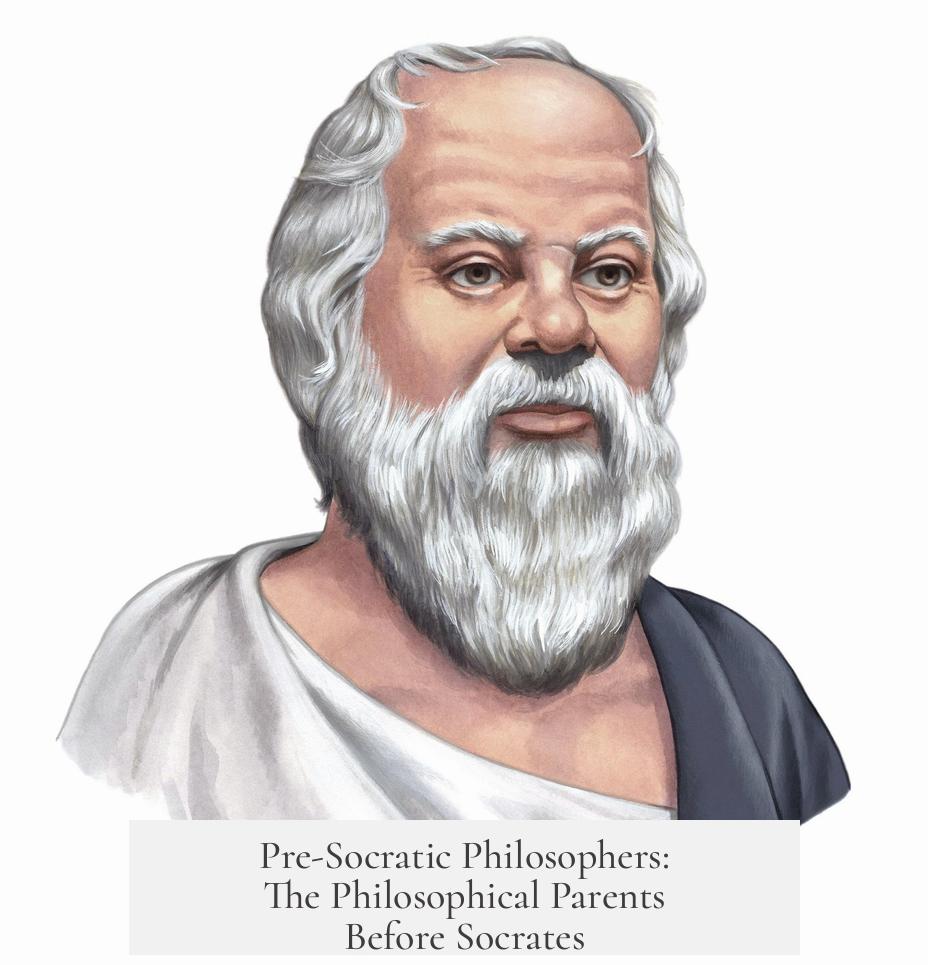
Long before Socrates strolled the Athenian marketplace, thinkers called the Pre-Socratics pondered cosmic questions. They focused on metaphysics—what the universe is made of, how it changes, and the nature of reality.
- Thales famously proposed water as the fundamental element.
- Anaximander pondered the origins and destructions of things “in conformity with the ordinance of Time.”
- Heraclitus emphasized change, while Parmenides focused on permanence.
These minds set the stage but were mostly concerned with abstract questions far from Socrates’ passion for ethical and civic inquiry.
Since many Pre-Socratics lived well before Socrates—take Anaximander, who died about 70 years earlier—none directly taught him. But their ideas were the intellectual soil from which later thinking grew.
Anaxagoras: The Athens Connection
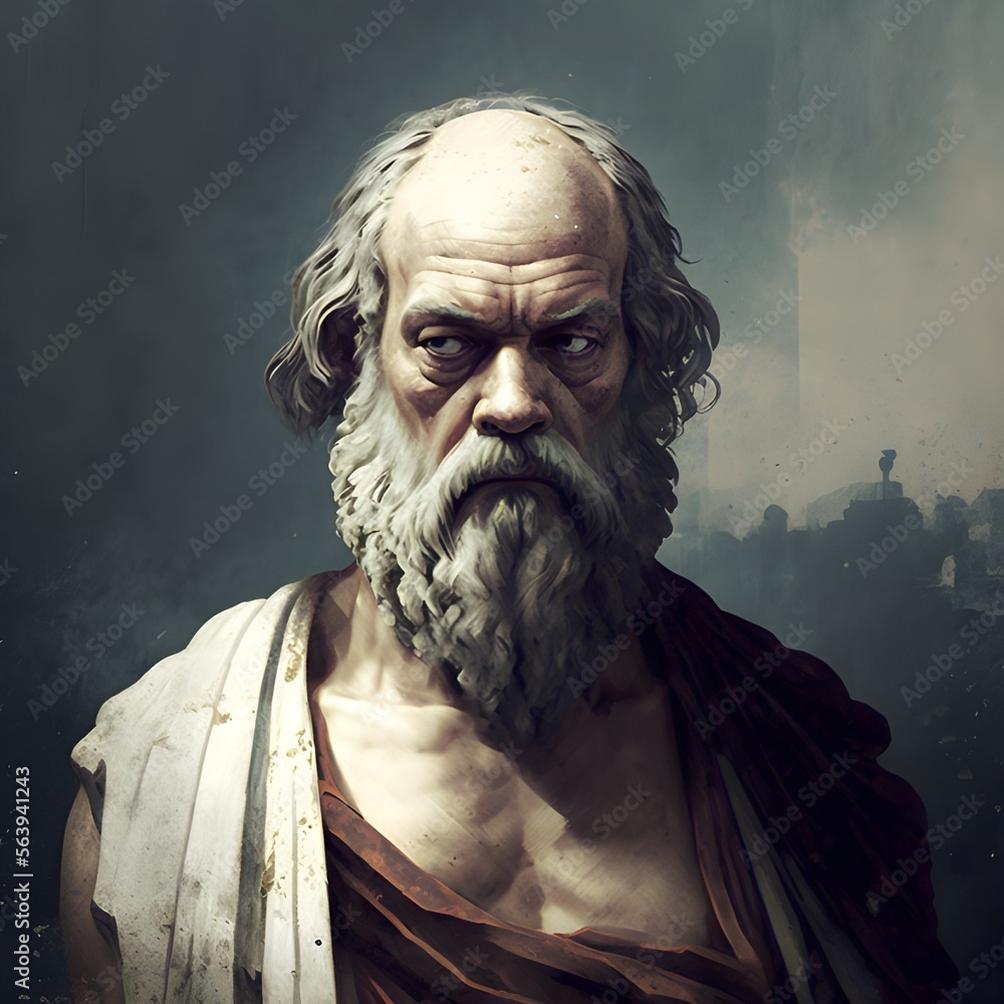
If we’re hunting for a direct influence, Anaxagoras is a prime candidate. He brought philosophical discourse to Athens and caught Socrates’ attention.
From Plato’s Phaedo: “I heard a man reading from a book, as he said, by Anaxagoras, that it is the mind that arranges and causes all things… I seized the books eagerly.”
Sounds promising, right? Socrates admired Anaxagoras’ notion of Nous, or Mind, as a key force in the world. But Socrates craved a deeper, more rational explanation for the order of things. He found Anaxagoras’ causes—air, ether, and water—insufficiently rigorous, almost “absurd,” to quote Plato.
Thus, Anaxagoras influenced Socrates, but Socrates did not simply adopt his predecessor’s ideas; he evolved and refined them.
So, Who Really Taught Socrates?
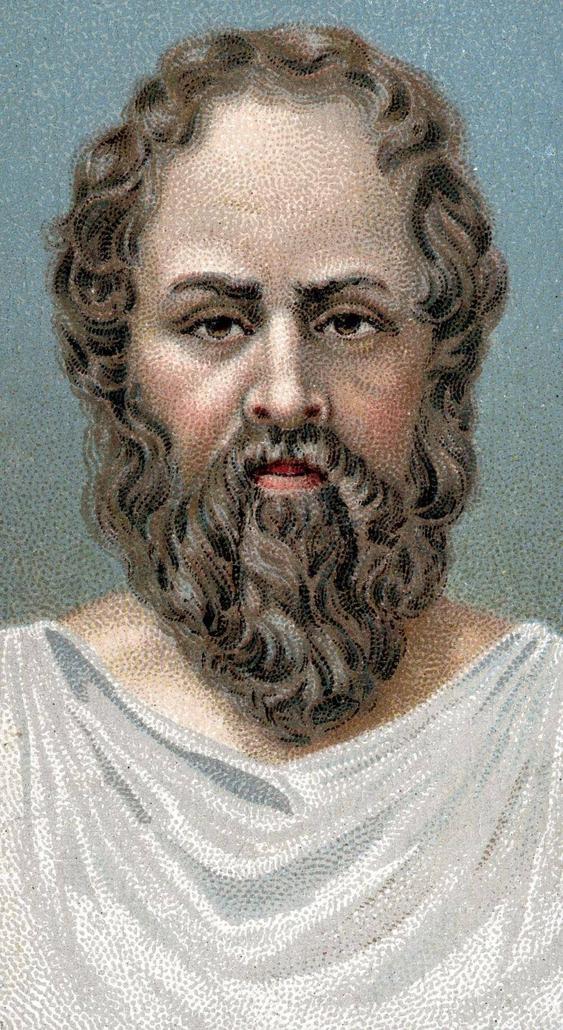
Here comes the twist: the mystery is partly because of a lack of clear records and partly due to Socrates’ own approach. He claimed to know nothing but sought knowledge through relentless questioning.
The old philosophical “teachers” were less about passing down doctrines and more about stimulating inquiry.
Some scholars speculate that Socrates might have absorbed ideas from various tutors, mentors, or even self-study in the rich intellectual milieu of Athens. It was a time buzzing with ideas, debate, and those curious about the nature of life.
Consider this: Socrates’ uniqueness lies in focusing philosophy on human ethics, justice, and civic virtue, steering away from the cosmic speculations of Pre-Socratics. That shift itself suggests an evolution beyond traditional teacher-student transmission.
Lessons from Socrates’ Lineage Mystery
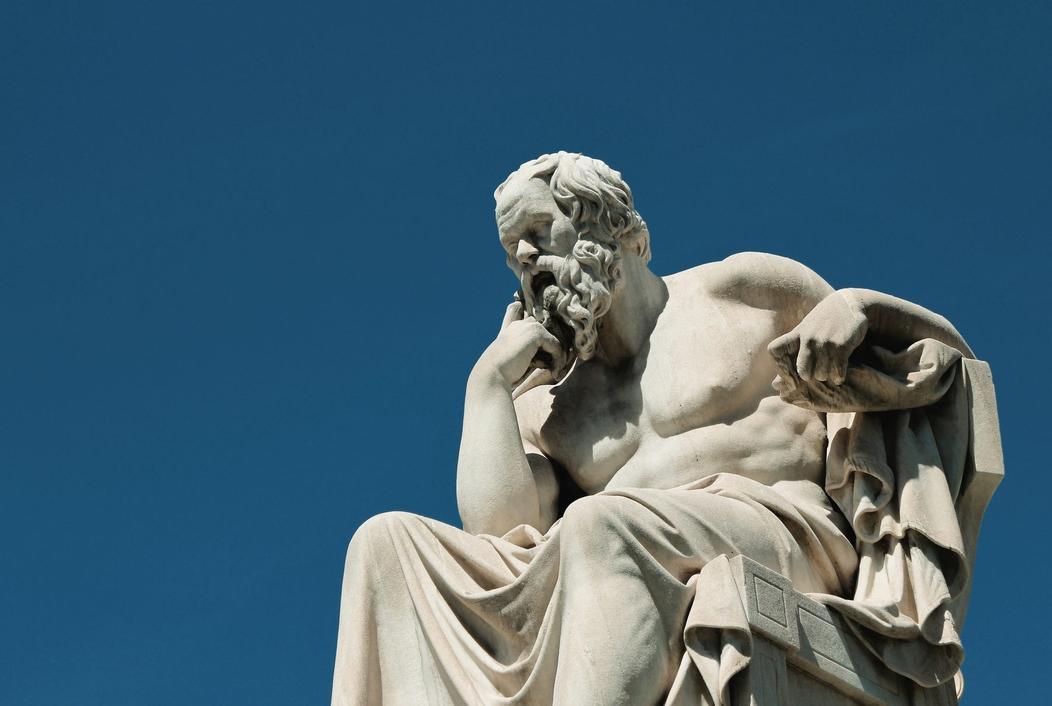
Is it frustrating not to know who taught the man who taught Plato? Sure. But it teaches us this: great thinkers don’t always come from a direct teacher lineage. They often emerge from absorbing a spectrum of influences and pursuing questions no one else dared to ask.
This reminds us that education isn’t just about receiving knowledge from one source but engaging with many perspectives, questioning assumptions, and cultivating curiosity.
Practical Thinking – Beyond Ancient Philosophy
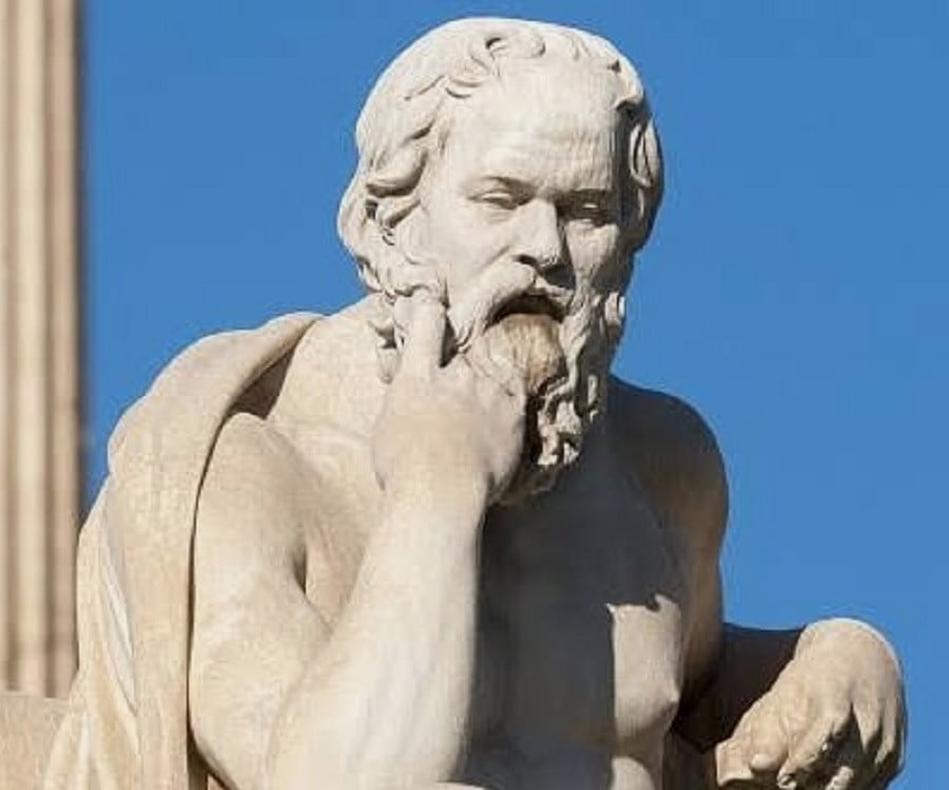
Here’s a practical takeaway: when learning something new today, don’t just trust a single authority. Like Socrates, test and question. Mix ideas from different sources. Let your “mind that arranges and causes all things” synthesize knowledge creatively.
Imagine if Alexander the Great had never met Aristotle. Would he have conquered as he did? And if Aristotle had no Plato? The chain of knowledge shapes history but also leaves room for mystery and personal discovery.
And Socrates’ mysterious mentorship? It’s an invitation to each of us. Be your own philosopher. Question everything. Chase shadows and truths with equal vigor.
Final Thoughts
Sure, we know Socrates taught Plato. Plato taught Aristotle. Aristotle taught Alexander the Great. But who taught Socrates?
Honestly, the answer remains a delightful enigma rooted in fragmentary evidence, interpretive layers, and Socrates’ own methods.
In the grand tapestry of philosophical history, Socrates’ influence cuts through despite this uncertainty. His legacy reminds us that sometimes, the quest for knowledge is more valuable than the certainty of origins.
So next time someone asks, “Who taught Socrates?”, you can grin and say, “The greatest teacher might have been Socrates himself—through relentless questioning and a refusal to settle for easy answers.”
